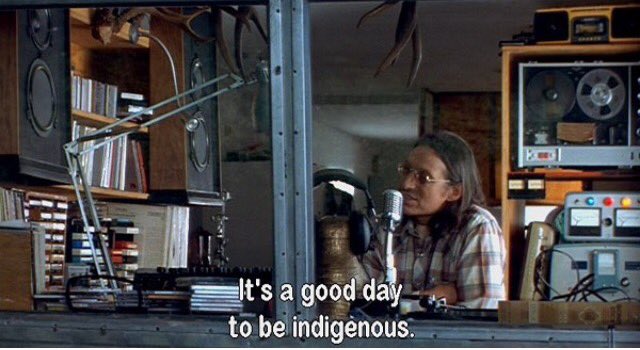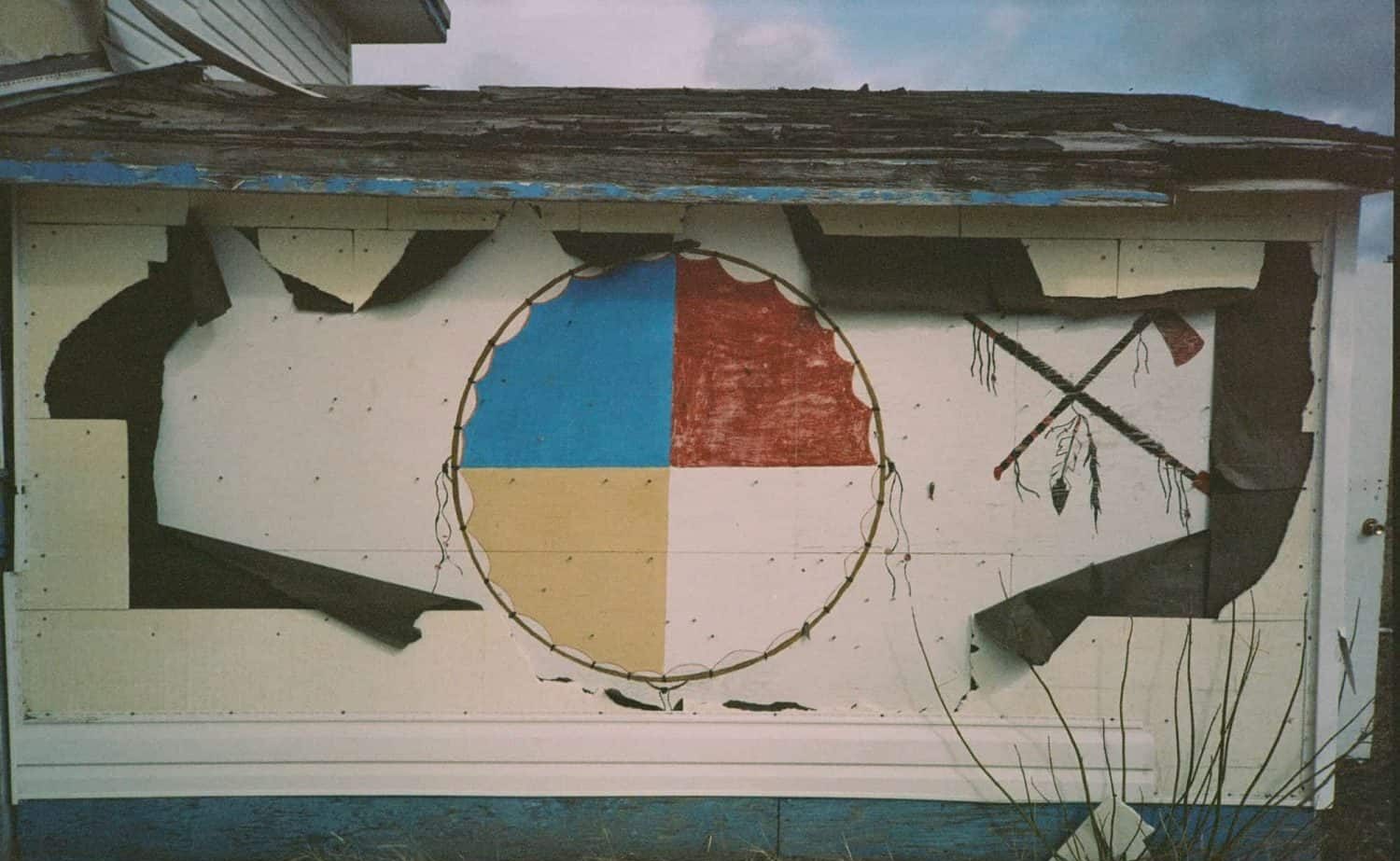- About
- Research
-
-
- Special Reports & Features
- Braiding Accountability: A Ten-Year Review of the TRC’s Healthcare Calls to Action
- Buried Burdens: The True Costs of Liquified Natural Gas (LNG) Ownership
- Pretendians and Publications: The Problem and Solutions to Redface Research
- Pinasunniq: Reflections on a Northern Indigenous Economy
- From Risk to Resilience: Indigenous Alternatives to Climate Risk Assessment in Canada
- Twenty-Five Years of Gladue: Indigenous ‘Over-Incarceration’ & the Failure of the Criminal Justice System on the Grand River
- Calls to Action Accountability: A 2023 Status Update on Reconciliation
- View all reports.
- Special Reports & Features
-
-
- Yellowhead School
-
- The Treaty Map
- LIBRARY
- Submissions
- Donate
National Indigenous Peoples Day became a statutory holiday in 2017, but did you know this statutory holiday emerges from decades of political advocacy? Since the National Indian Brotherhood (now Assembly of First Nations) passed a resolution declaring June 21 National Aboriginal Solidarity Day in 1982, the day has had many names and meanings. In 1995, the Royal Commission on Aboriginal Peoples recommended that June 21 be known as National First Peoples Day. That same year, the Sacred Assembly, a national conference chaired by esteemed leader Elijah Harper, called for a national holiday to commemorate Indigenous peoples contributions to Canada. Finally, in 1996, Canada responded to these calls when Governor General Romeo LeBlanc declared June 21 as National Aboriginal Day.
Whatever the name or meaning you give this day, June 21 is for Indigenous solidarity.
In celebration of National Indigenous Solidarity Day, Yellowhead Institute has curated briefs, special reports, and educational resources that speak to the theme of solidarity. At Yellowhead Institute, we are always looking for ways to strengthen existing relationships and nurture new ones. Keep scrolling to check out some of the scholars, artists, and activists who deepen and expand our thinking.
Black, Indigenous, and Afro-Indigenous Solidarity
JANUARY 28, 2021
Writing Myself into Existence by Etanda Arden
JULY 7, 2020
Black-Indigenous Futures in Art, Literature and #BlackLivesMatter by Karina Vernon
JUNE 2, 2020
To Breathe Together: Co-Conspirators for Decolonial Futures by Sefanit Habtom and Megan Scribe
Transnational Solidarity
AUGUST 5, 2020
A How-To Guide for the Settler Colonial Present: From Canada to Palestine to Kashmir by Azeezah Kanji
JUNE 11, 2019
Libertad para Alberto! Mapuche Land Defence in Chile & the Goldman Environmental Prize – An Interview with Belén Curamil and Miguel Melin
Inuit Solidarity
MAY 17, 2022
A New Conversation on Inuit Self Government in Nunavut by Aluki Kotierk
FEBRUARY 7, 2019
Dear Qallunaat: Racism, Public Government and Inuit Nunangat by Kunuk (Sandra) Inutiq
Métis Solidarity
APRIL 6, 2021
In Defence of the Integrity of our Nation: Métis Colonialism West of the Rocky Mountains by Stephen Mussell
APRIL 14, 2020
Metis Harvesting in Alberta: Violence, Racism & Resistance by Conor Kerr

Citation: Yellowhead Institute. “Indigenous Solidarity Day.” Yellowhead Institute. 21 June 2022. https://yellowheadinstitute.org/2022/06/21/indigenous-solidarity-day/
Image by Seth Arcand.

